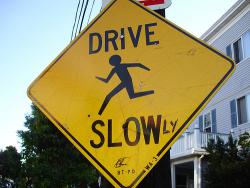
When I began teaching E316K, I was disappointed but not particularly surprised to find that by and large, my students couldn’t write well. Sure, there were a few outliers who turned in clear, dynamic prose; overall, though, I could be administered a vaccine for redundant sentences and clunky syntax. Often, I’d catch myself wondering, “Who let you get this far without teaching you how to write?”



